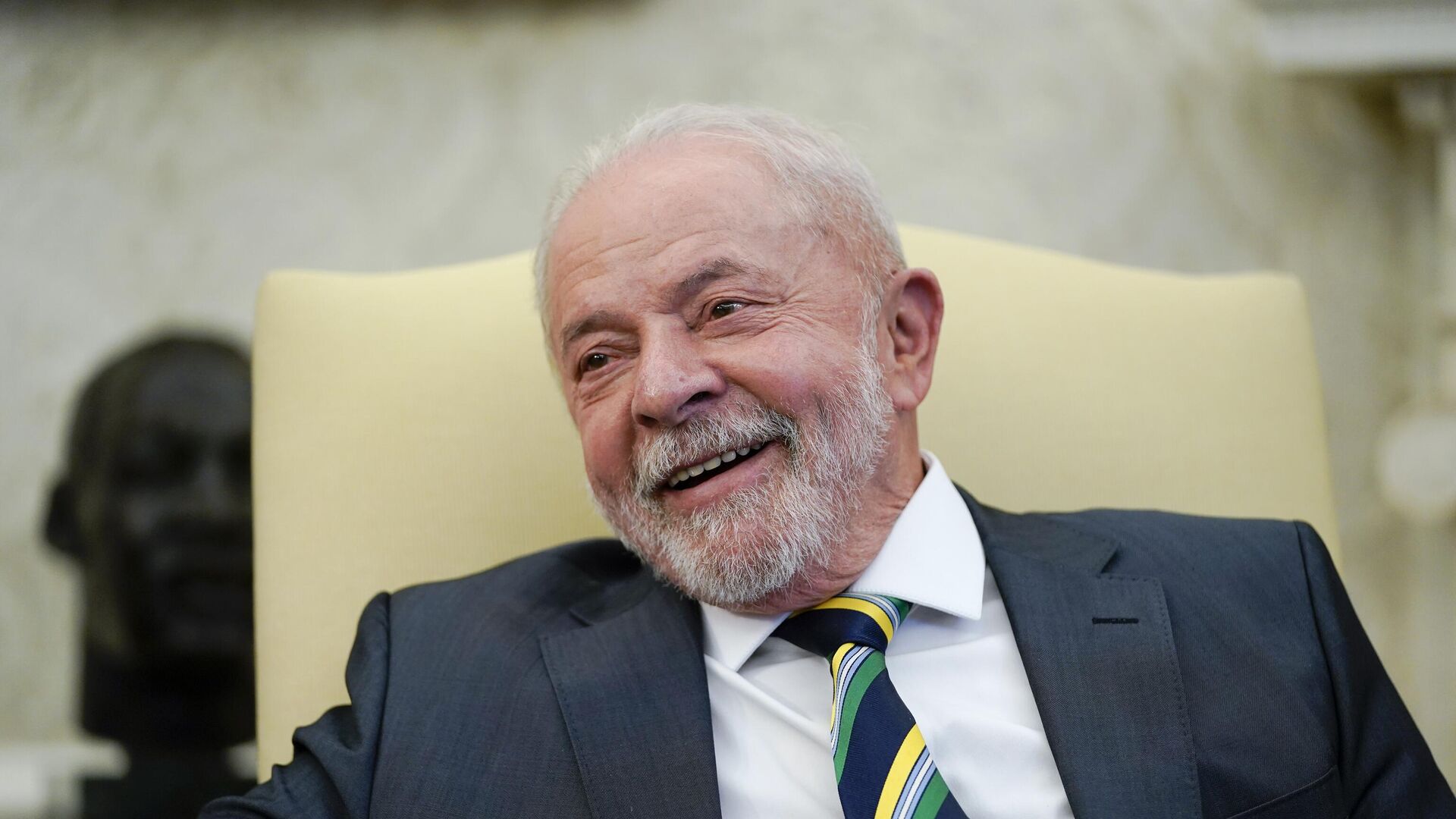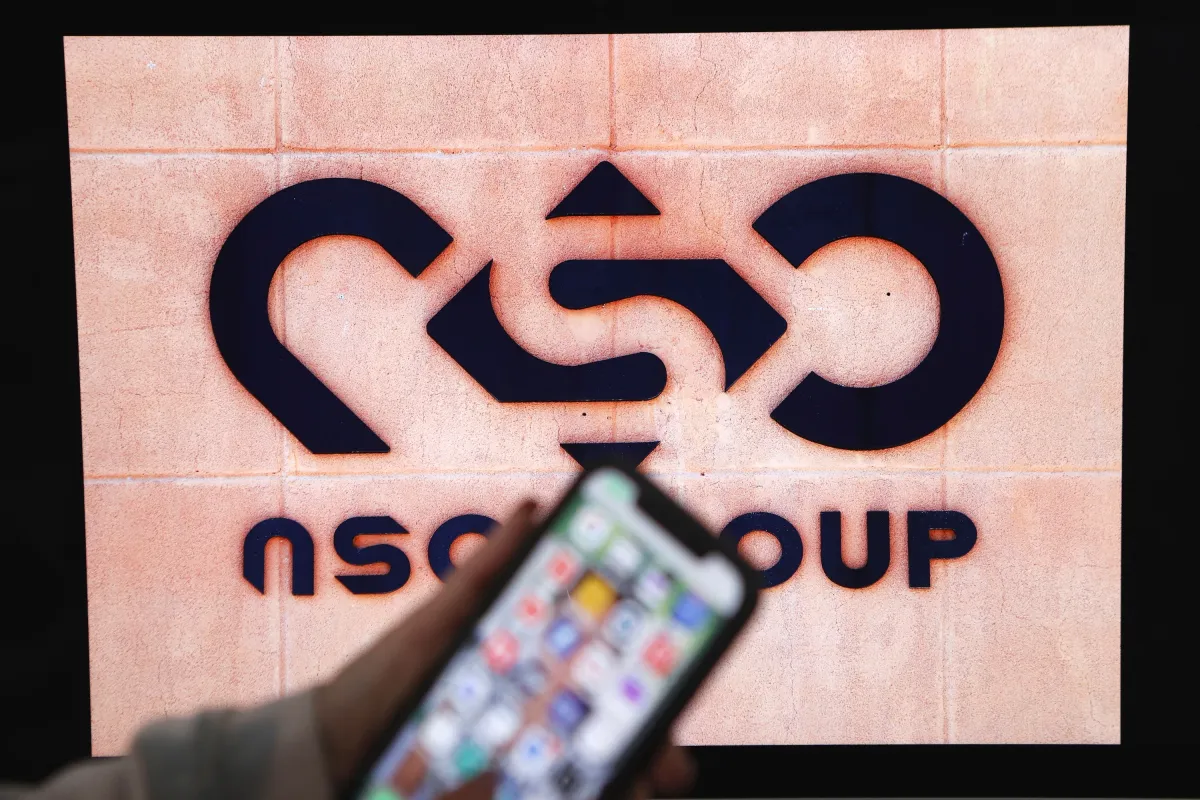Lula of Brazil to Respond to US Tariffs, Maintains Possibility of Diplomacy
Brazilian President Luiz Inacio Lula da Silva expressed his desire to establish a diplomatic solution to U.S. President Donald Trump’s threat of 50% tariffs on Brazilian exports.
However, he also pledged to reciprocate like-for-like if the tariffs were to be implemented on August 1.
“We will initially attempt to negotiate; however, if negotiations fail, the law of reciprocity will be implemented,” Lula stated in an interview with Record TV, alluding to a law that Congress recently enacted that grants the president the authority to retaliate against trade barriers. “If they are going to charge us 50, we will charge them 50.”
“We have until August 1,” stated a Brazilian diplomat who requested anonymity to characterize internal government debates. “The president is unlikely to announce any retaliatory measures until the tariffs are implemented.”
In a letter to Lula that was published on Wednesday, Trump made the connection between the tariffs and the Brazilian judiciary’s initiation of legal proceedings against former President Jair Bolsonaro.
Bolsonaro is currently on trial on charges of conspiring to prevent Lula from assuming office in 2023 after hundreds of pro-Bolsonaro supporters stormed Congress. Trump claimed that Bolsonaro was the victim of a “witch hunt.”
Lula criticized Bolsonaro for perpetuating claims of legal persecution, emphasizing that the former president’s son, Eduardo Bolsonaro, took leave from his role in Congress at least in part to lead a campaign in his father’s favor in the United States.
“The former president of the Republic should accept responsibility for his actions, as he is in agreement with Trump’s taxation of Brazil. In reality, it was his son who traveled to the location in order to sway Trump’s decision,” Lula stated.
Bolsonaro expressed his admiration and respect for the U.S. government in a social media post late on Thursday, stating that he received Trump’s letter proclaiming tariffs with “a sense of responsibility.”
Bolsonaro contended that the U.S. measure was a response to Brazil’s retreat from freedom. “This would never have occurred under my government,” he stated.
Additionally, the former president encouraged the authorities to take action by proposing measures to reestablish what he termed “institutional normality.”
Lula stated that the government will establish a committee comprised of Brazilian business executives to “reevaluate” the country’s commercial policy toward the United States.
He referenced Brazil’s recently enacted reciprocity law, which was enacted shortly after Trump’s initial tariff pronouncements in April.
This law enables the Brazilian government to respond with reciprocal measures in the event that other countries implement unilateral barriers on Brazilian products.
In addition to the imposition of counter tariffs, the law would also enable Lula to suspend intellectual property rights from U.S. firms, restrict imports and investments, and implement other measures.
After China, the United States is Brazil’s second-largest trading partner, and it maintains an uncommon trade surplus with the largest economy in Latin America.
Recently, shares of several Brazilian companies, including Embraer (EMBR3.SA), opens new tab, and major banks Itau Unibanco (ITUB4.SA) and Banco Santander (SAN.MC), opened new tab, experienced losses.
Aviation and banking were among the sectors that experienced immediate pressure.
However, the tariffs could also cause harm in the United States, as they could disrupt food prices, given Brazil’s status as a significant agricultural exporter of coffee, orange juice, sugar, beef, and ethanol.
According to four trade sources, the proposed 50% tariff would effectively halt the flow of Brazilian coffee to the United States, its largest buyer.
Within the week, Brazilian industry lobby groups that represent sectors such as oil and coffee issued statements that advocated for a diplomatic solution.
In a statement, Josue Gomes da Silva, the president of Sao Paulo industry group Fiesp, expressed his optimism that diplomacy and balanced negotiations will prevail, despite personal preferences and ideologies, and that common sense will once again govern the relationship between these two great sovereign nations.
news via inbox
Get the latest updates delivered straight to your inbox. Subscribe now!




